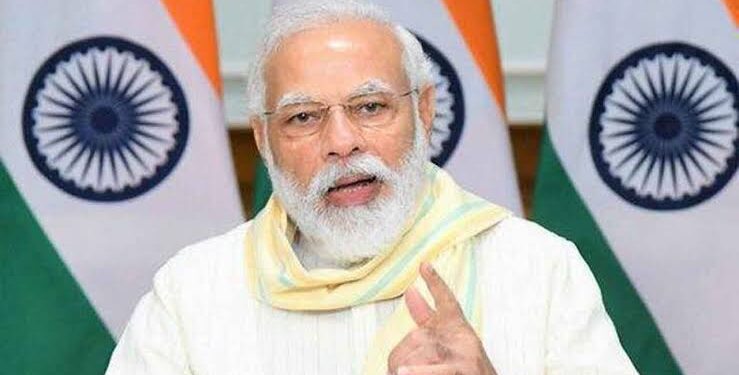Reiterating the government’s unwavering commitment to India’s agricultural community, Prime Minister Narendra Modi declared that the welfare of farmers, livestock rearers, and fishermen remains the topmost national priority. He firmly asserted that India would never compromise on the interests of its rural workforce, even if it meant personal political or professional costs.
“For us, the welfare of our farmers is the highest priority. India will never compromise on the interests of its farmers, livestock rearers, and fishermen. I know that I will have to pay a heavy personal price for this. But I am ready for it,” the Prime Minister stated in a strong message.
He emphasized that the government’s efforts have been focused on enhancing farmers’ incomes, reducing input costs, and diversifying income sources across rural sectors. The leadership views the agricultural community as the backbone of the nation’s progress, shaping policy decisions and welfare schemes accordingly.
“In recent years, our policies have not merely been about financial assistance; they have also focused on instilling confidence among farmers and making them self-reliant,” he added.
His remarks come in response to an executive order signed by Trump on Wednesday, imposing an additional 25% tariff on Indian goods — bringing the total tariff burden to 50%. The US justified the move by citing national security concerns over India’s continued imports of Russian oil.
The tariffs will affect a broad range of Indian exports, including agricultural products, starting 21 days from the announcement, although items already in transit or granted exemptions will not be impacted.
US negotiators had been pressing India for increased access to its agricultural market — especially for corn, soybeans, and cotton — but India has resisted opening up its farm and dairy sectors, citing the risk to domestic livelihoods.
PM Modi reaffirmed that his government has always prioritised the rural economy. “Our policies have aimed not just to provide assistance, but also to build confidence and resilience among our farmers,” he said, outlining ongoing efforts to reduce input costs, boost income, and diversify earnings.





























